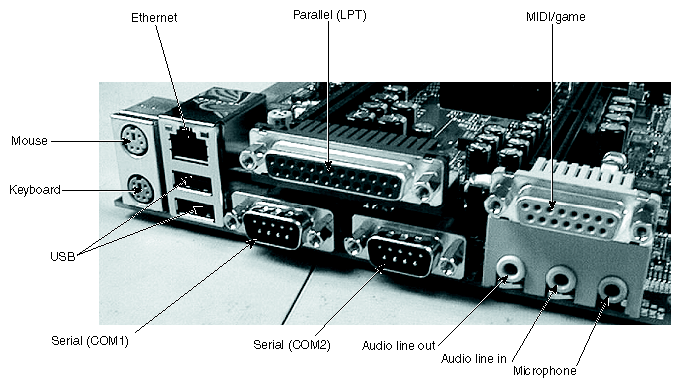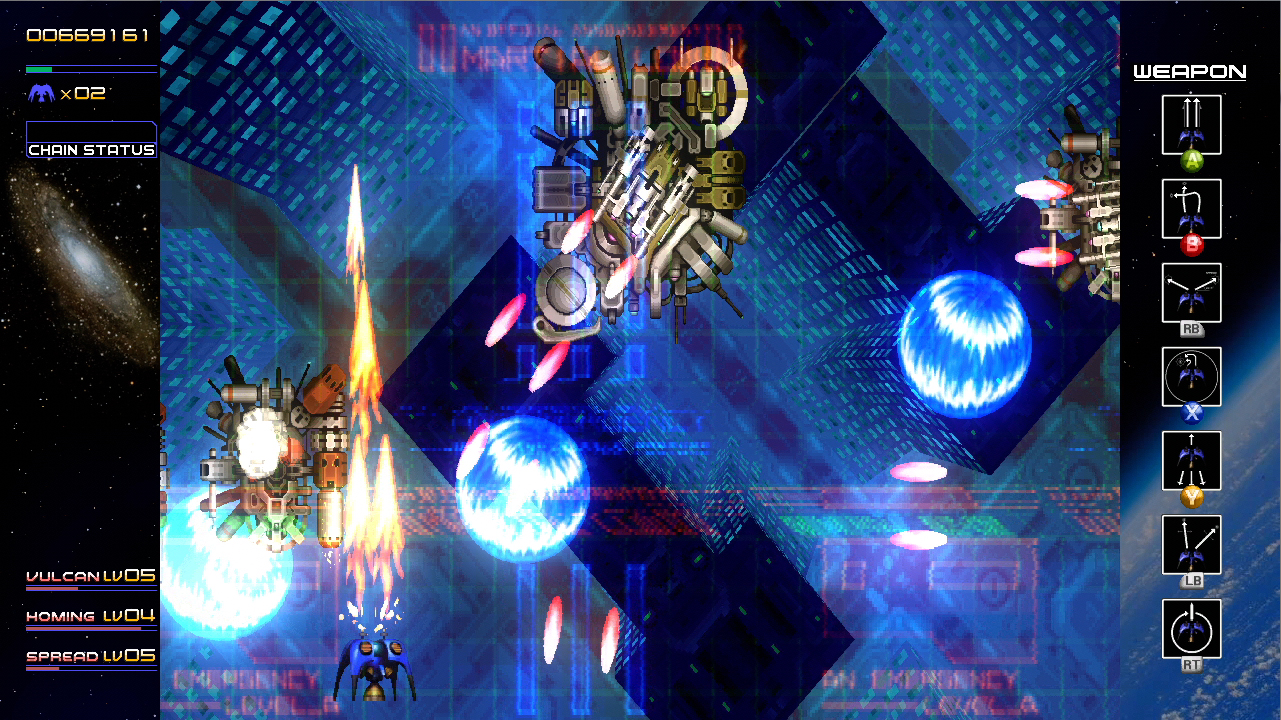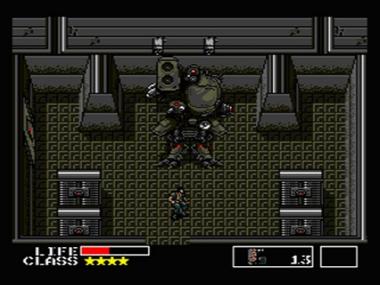![]()

Remakes and ports seems to be in high gear these days. Legend of Zelda: Ocarina of Time, Starfox 64, Halo: Combat Evolved, Cave Story, Metal Gear Solid 1-3, Shadow of the Colossus, Ico, Final Fantasy X, Beyond Good and Evil, and Goldeneye are just a handful I can think of off the top of my head. Is the gaming industry out of original ideas? Are they just trying to cash in on nostalgia? Perhaps this is true in some cases, but for me I tend to enjoy a good remake or a solid port every now and then. Let me tell you why…
Before we begin let me clarify the difference between a port and a remake.
Port – A version of a game featured on a different console or platform than the original. A port usually contains little to no changes from the original, i.e., Metal Gear for NES (originally MSX2).
Remake – A version of a game featured on a different console or platform than the original. A remake usually contains significant graphical, gameplay, and/or sound changes from the original, i.e., Metal Gear Solid: The Twin Snakes for GC (originally PS1).
As with most things, there are exceptions to the rule, but for the most part, games that are re-released on a different console or platform tend to fall into these two categories.

For a consumer, a port or a remake can serve multiple purposes depending on what the title is. Let’s use the recent XBLA port of Radiant Silvergun as an example. Radiant Silvergun was previously unreleased outside of Japan. For non-Japanese players, in order to play the game, it meant having to import the title, owning a Sega Saturn, and either modding their console or using a region unlocking device. For those trying to obtain a used copy, prices vary anywhere from $100-200 depending on the condition of the game. The XBLA port of Radiant Silvergun gives an opportunity for all X-Box 360 owners to play the game without having to go through the hassle and spending less money in the end. The XBLA port also gives players the added benefit of playing the game in HD with online capabilities as well.

In the case of Metal Gear for the NES, a downside exists. Metal Gear was originally released on the MSX2, a Japanese gaming computer. When it was ported the NES changes were made in settings, how the game progressed, and even one of the final bosses was removed. Hideo Kojima himself disapproves of this port. When not done properly, or without guidance from the original developers, ports and remakes can turn out worse than the original. For arcade games with specialized controls (steering wheels, flight sticks, etc.) concessions are usually made when porting for a home console. The result can range from insignificant to atrocious.
As gaming moves further into the realm of HD and 3D, we will likely see more and more ports and remakes. I enjoy it for the most part because it gives me a chance to play games I’ve always wanted to play, but for some reason or another didn’t. I always prefer to play things in their original form, but in some cases, it’s either unaffordable, or near impossible (language barrier for untranslated games). I had a blast playing through Ocarina of Time on my 3DS, and I’m looking forward to exploring Lylat System once again in Star Fox 64. Yes, I already own these games in their original form, but sometimes playing a port or a remake on new console reinvigorates what made the original so great.
Dr. Noh’s favorite ports and remakes:
SNES – Super Mario All Stars
GBA – Metroid: Zero Mission
GBA – Super Mario Advance 4: Super Mario Bros. 3
PS2 – Sega Ages: Treasure Box
GC – Metal Gear Sold: The Twin Snakes
GC/PS2 – PC Genjin
Multi – Capcom Classic Collection Vol. 2
WiiWare/DSiWare – Art Style Series
Multi – Midway Arcade Classics
DS – Dragon Quest V

2 Comments
Aaah, the Lylat system. How fondly I remember thee.
Zelda and starfox ports on 3DS = pointless.
All the PS2 and PSP ports that are on PS3 = RELEVANT AND AWESOME. Fixed bugs, BETTER FRAMERATE which in turn equals BETTER GAMEPLAY, TROPHY SUPPORT.